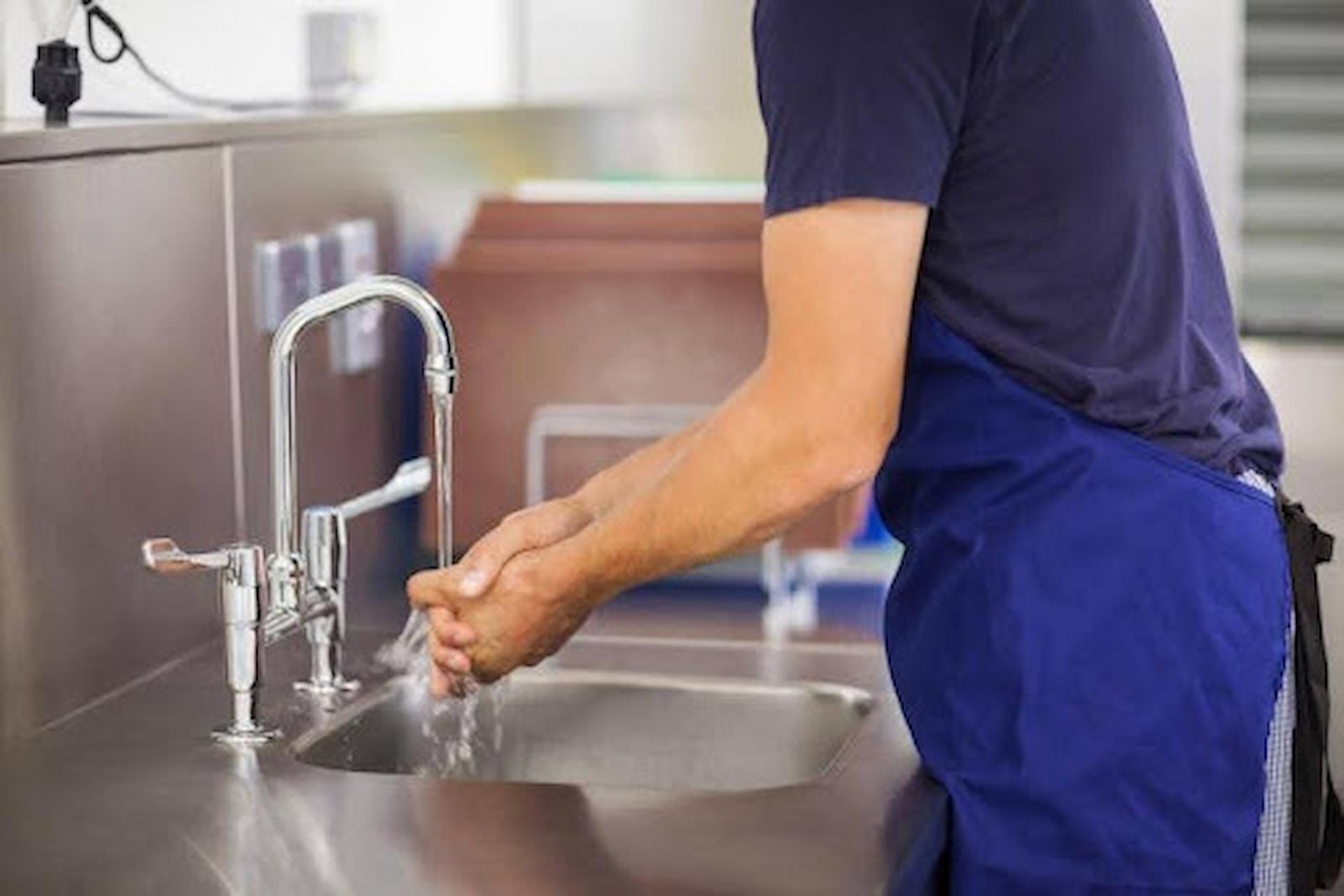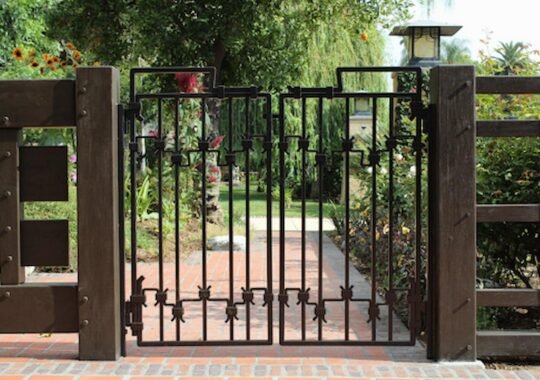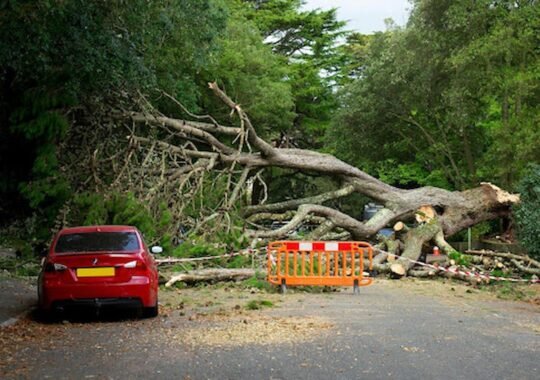Water is one of our most precious resources, yet many households use more of it than they realize. From long showers to dripping faucets, small habits and plumbing inefficiencies can waste hundreds of liters of water every month. The good news? With a few smart changes and simple upgrades, you can save water, lower your bills, and make your home more eco-friendly.
Conserving water isn’t just about being mindful – it’s about improving efficiency through thoughtful plumbing practices. Let’s explore some of the most effective ways to cut back on water use while keeping your home running smoothly. Read on!
Fix Leaks Before They Drain Your Budget
One of the easiest ways to save water is by fixing leaks promptly. A single dripping faucet may seem harmless, but it can waste more than 10,000 liters of water per year. That’s the same amount some families use for drinking in a year!
Common leak sources include faucets, showerheads, toilet flappers, and pipe joints. If you notice damp spots under sinks or hear water running when nothing’s on, it’s time for a quick inspection.
While some leaks can be fixed with basic tools, others may require professional attention. Expert Plumbing Repairs ensure that hidden leaks are properly sealed, preventing both water waste and potential damage to your walls or flooring.
Upgrade to Water-Efficient Fixtures
Modern plumbing makes it easier to save water without losing comfort or pressure. New, efficient fixtures can cut down water use and lower bills. Low-flow showerheads use much less water but still feel strong.
Dual-flush toilets let you choose how much water to use, saving a lot over time. Aerated faucets mix air with water, so you get a steady stream while using less. These simple upgrades help you save water, energy, and money – all while being better for the environment.
Install Smart Plumbing Systems
Smart home technology isn’t just for thermostats and lighting anymore. Smart plumbing devices can help you monitor and manage water usage more effectively.
Leak detectors can sense moisture and alert you through an app before a small leak turns into a costly problem. Smart irrigation systems adjust outdoor watering schedules based on weather data, ensuring your lawn gets water only when it truly needs it.
Some advanced systems even track your home’s total water usage in real-time, helping you identify patterns and cut back where necessary. These smart solutions give homeowners control and visibility, making conservation effortless.
Rethink Daily Habits
Saving water can be easy and starts with small daily habits. You don’t need big changes to make a difference – little steps really add up. Turn off the tap while brushing your teeth or shaving. Only run your dishwasher or washing machine when they’re full.
Try to keep showers short, around five minutes or less. You can also collect cold water while waiting for it to heat and use it to water plants. These small actions may seem tiny, but together they can save a lot of water every year.
Choose Energy-Efficient Appliances
Appliances play a major role in household water consumption. When it’s time to replace your dishwasher or washing machine, look for Energy Star-certified models.
Modern dishwashers use as little as 12 liters of water per load – far less than hand washing the same amount of dishes. Similarly, efficient washing machines adjust the water level automatically, using just what’s necessary for each load.
Upgrading appliances might require an initial investment, but the long-term savings in both water and energy make it well worth it.
Collect and Reuse Water When Possible
Water conservation doesn’t have to stop at the faucet. You can also make use of collected or recycled water for certain household tasks.
Installing a rain barrel is a simple, eco-friendly way to gather rainwater for watering gardens or cleaning outdoor areas. You can also reuse “greywater” – water from sinks, showers, and washing machines – for landscaping if local regulations allow it.
Even indoor changes, like placing a bucket in the shower to catch cold water before it heats up, can help you reuse what would otherwise be wasted.
Maintain Your Plumbing System Regularly
Regular maintenance is key to long-term water efficiency. Over time, mineral deposits, corrosion, and loose fittings can cause hidden leaks or pressure problems.
Have your plumbing system inspected annually by a professional. They can identify early warning signs of wear and suggest upgrades that boost efficiency. Preventative maintenance also reduces the risk of emergencies like burst pipes or flooding – saving both water and repair costs in the long run.
If you live in an area with hard water, consider installing a water softener. It prevents buildup that can damage fixtures and cause leaks, improving both performance and longevity.
Don’t Forget the Outdoors
Taking care of your yard can use a lot of water, especially when it’s hot outside. You can save water by changing a few simple habits. Water your plants early in the morning or late at night so less water dries up in the sun.
Put plants with similar water needs close together to make watering easier. A drip system can help get water right to the roots where it’s needed most. You can also replace grass with native plants or rocks that need less water. With these changes, your yard can stay green and pretty while using much less water.
Educate Your Family on Water Awareness
Conservation is a team effort. Encourage everyone in your home to understand how daily habits affect water use.
Children can be taught to turn off taps, shorten showers, and report leaks right away. Adults can lead by example, showing that sustainability doesn’t mean sacrifice – it just takes a little awareness and consistency.
Partner with a Professional for Long-Term Savings
Sometimes, achieving real water efficiency means going beyond DIY fixes. That’s where professional plumbing services come in.
Experienced plumbers can assess your system, recommend the most effective upgrades, and ensure everything operates at peak performance. From leak detection to fixture replacement, expert plumbing repairs help prevent waste and protect your home’s infrastructure.
Conserve Water, Save Money, and Protect the Planet
Conserving water doesn’t have to be complicated. With a few mindful habits, some efficient plumbing upgrades, and occasional professional maintenance, you can make a big impact – both environmentally and financially.
Each drop you save helps lower your utility bills and reduces strain on local water systems. Plus, you’ll be doing your part to protect a resource we all depend on.
For more related topics, check out the rest of our blog!





